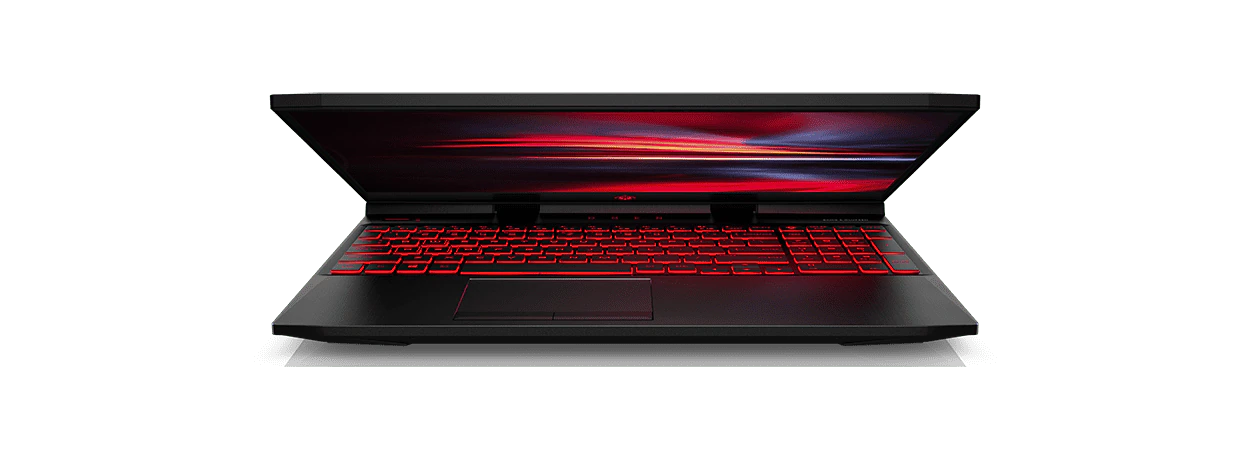Thank you for visiting the HONG KONG HP Store
-
Contact Us
CONTACT USChat with us
- Our specialist are here to help
- Live chat
- Sales
- 85264507529(WhatsApp)
-

- Post Sales
- 85230016720(WhatsApp)
Mon-Fri 8.30am - 5.30pm
(exc. Public Holidays)
Live product demo
Store finder Locate our storesSubmit feedback We value your opinion! - Location
- My Account
Desktops

-
Posted: September 25, 2023Categories: DesktopsRead more »While boxy computer designs were once the norm - and yes, there are plenty of solid desktop towers being designed today - PC technology has improved to the point that cost and performance are no longer an obstacle with smaller computers.
-
Read more »You never really think about that constant low hum emitting from your desktop tower until you load up one of your favorite RPGs and things go a little haywire. Every computer, no matter how big or small, generates heat during operation. Within that mechanical frame, all of the high-powered internal processing you depend on for seamless performance requires a considerable amount of electricity.
-
Posted: June 28, 2023Categories: DesktopsRead more »
IOGEAR HUB-C - USB-C to 4-port USB-A HubIOGEAR HUB-C - USB-C to 4-port USB-A HubIf you’ve owned a PC, you may already be familiar with the computer ports and connections available on your device. What you may not know is that some of those ports are decades old.
-
Read more »Whether you’re trying to listen to a new album or hear your coworkers during a conference call, there are few issues more frustrating than when your PC’s audio stops working. The good thing about a problem like this is that there are a number of ways to find a solution.
-
Posted: March 26, 2023Categories: DesktopsRead more »
When it comes to using some of the more robust photo editing tools out there, such as Adobe Photoshop and Lightroom, the right desktop PC makes all the difference. You can technically get away with the bare minimum specs shown on the product description for the photo editing tool of your choice. But if you use the lowest processing power or graphics, you can waste a lot of time waiting for your photos to load and renders to complete.
-
Posted: March 17, 2023Categories: DesktopsRead more »
If you’re in the market for a new computer, the options can be overwhelming. Do you want a laptop? Or is a desktop better suited to your needs? Or maybe you’re interested in the streamlined all-in-one computer?
-
Posted: March 17, 2023Categories: DesktopsRead more »
Laptops are conveniently portable, but what if you need a huge screen to watch your favorite movies in stunning detail? What if you need a full mechanical keyboard for fast typing or better ventilation to handle the graphics on the demanding triple-A (AAA) video games? As convenient as laptops can be, desktop computers are optimal for gamers, creative professionals, and users who need a wide digital interface.
-
Posted: March 15, 2023Categories: DesktopsRead more »
Small form factor (SFF) computers and micro PCs, sometimes referred to as microtowers, have become the latest consumer buzzwords setting the market ablaze. However, as with any modern computer release, the terminology has been yet another catalyst for confusion.
The differences between microtower PCs and SFFs come down to size and positional configuration. Microtowers are typically slightly larger in size and designed to stand upright like a standard desktop tower, whereas small form factor PCs are more compact machines that lay flat or attach to the back of a monitor.
-
Posted: March 15, 2023Categories: DesktopsRead more »
Ever wonder what makes a computer fast? In this article, we’ll talk about everything you need to know in order to build the fastest desktop computer for your budget, from choosing the ideal case design to installing and testing components.
If you’re considering a home build, you’ll be glad to know that putting a computer together isn’t necessarily that much more complicated than careful shopping. Here’s everything you’ll need to buy or think about before you get started:
-
Posted: February 22, 2023Categories: DesktopsRead more »You may have captured the best footage ever on film, but to make a Scorsese-worthy final movie your computer has to be able to handle video editing and the processing power it requires.
While you may know about the various programs video editors use on a regular basis, you may start to feel a bit overwhelmed when it comes to evaluating processor speed or SSD storage.
We’re here to help with a guide that includes our picks for the best video editing computers and the technical specs you’ll need to get your work done. We also made sure to include desktops in a variety of price ranges so you can find one that meets your budget, too.
1. HP ENVY All-in-One desktop PC

- Our specialist are here to help
- Live chat
- Sales
- 85264507529(WhatsApp)
-

- Post Sales
- 85230016720(WhatsApp)
Mon-Fri 8.30am - 5.30pm
(exc. Public Holidays)
Live product demo


















